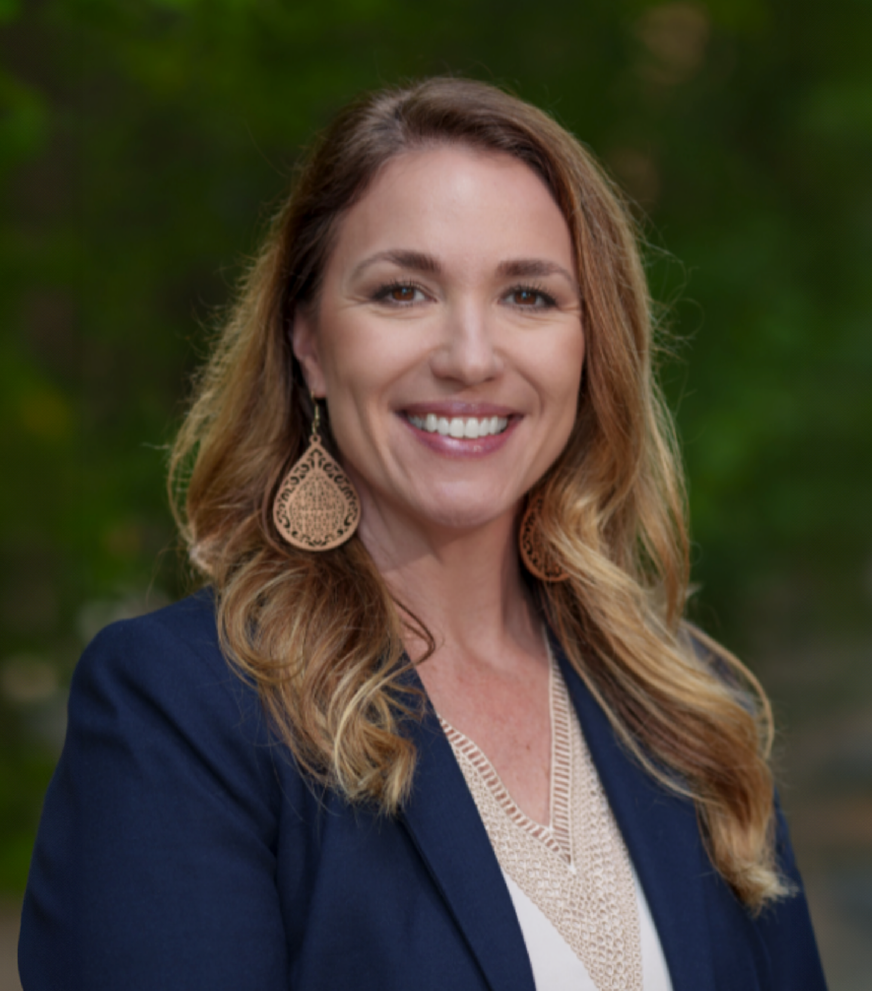
2022 Summer Internships: Improving Educational Assessment and Accountability
After two productive but virtual summers, we are looking forward to working side-by-side with our new group of summer interns to support the future of educational assessment and accountability through our 2022 summer internship program.
Next month, the Center will welcome three advanced doctoral students to Dover and the beautiful surrounding Seacoast New Hampshire area to work with the Center’s professional team on projects that will have direct implications for state and national educational policy related the use of educational assessment and accountability to support student learning.
Each intern will work with a Center mentor on one major project throughout the summer. At the end of the project, each intern will produce a written report, suitable for conference presentation and/or publication.
This summer, our interns and their Center mentors will engage in projects addressing three issues related to enhancing the quality and utility of educational assessment and accountability systems.
- Developing criteria for evaluating the quality of state and district assessment literacy initiatives
- Exploring performance mobility in educational accountability systems
- Evaluating the reliability and validity of school accountability performance scores
In addition to our summer internship program for advanced doctoral students, from time to time the Center also invites other talented individuals engaged in a solving a complex problem central to using educational assessment or accountability to collaborate with our team over the summer. These collaborations are essential to advancing the improvement of instruction and student learning.
This year, we are pleased to welcome to the Center as our first “teaching fellow,” Vaman Amble, a middle school economics teacher from Texas. Vaman comes to the Center with a deep interest in understanding why more states do not incorporate performance-based assessments on their state tests.
2022 Summer Projects
Developing Criteria for Evaluating the Quality of State and District Assessment Literacy Initiatives.
Yelisey Shapovalov from James Madison University will work with Carla Evans to develop criteria for evaluating the quality of state and district classroom assessment literacy initiatives. Many states, organizations, and educational institutions are creating online classroom assessment literacy professional learning resources for K-12 teachers. The proliferation of these professional learning resources is aimed at supporting ambitious teaching practices and student learning. It is unclear, however, if the content of the trainings and implementation processes employed by schools, districts, or states meet quality standards. The purpose of this internship is to produce a tool for states or districts to use to evaluate the quality of classroom assessment literacy professional learning content and implementation plans before they launch classroom assessment literacy efforts.
Exploring Performance Mobility in Educational Accountability Systems
Michael Fienburg, from the University of Southern California Rossier School of Education, will work with Chris Domaleski to study performance mobility in contemporary school accountability systems. The central question they will explore is whether schools that receive lower accountability ratings attain higher levels of performance over time. Additionally, how does mobility differ by indicators (e.g., proficiency, academic growth, graduation rate) and under what conditions is mobility observed to greater or lesser degrees? The study will involve analyses of longitudinal accountability data to address these and related inquiries to inform the development of recommendations for accountability design and school support.
Evaluating the Reliability and Validity of School Accountability Performance Scores
Lily An, from the Harvard Graduate School of Education, will work with Brian Gong on a project analyzing how design decisions affect the reliability and generalizability of state’s school accountability performance scores. School performance scores for accountability can be produced in a variety of ways, but almost always are group-level aggregates or composite scores of several other school- or subgroup- level scores. These school accountability scores can be viewed as having technical properties similar to interpretations of student scores, including validity, reliability/precision, and fairness. This project will contribute to both substantive educational policy, measurement methodology, and practical tools that can support better school accountability systems nationwide.
Breaking the Cost Curve for Performance Assessments
Vaman Amble, like many of us at the Center, recognizes that performance tasks can promote practical instruction and track student progress while measuring real-world skills.
Vaman will join Scott Marion and other Center professionals to investigate current barriers to widespread adoption of performance-based assessments, particularly, cost, time requirements, and policy constraints. The goal of Vaman’s fellowship is to provide a detailed understanding of the cost drivers for incorporating performance assessments on state exams and then to figure out how to use open-source technology to “break” this cost curve.



